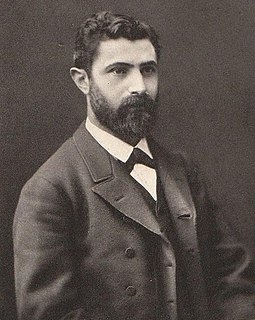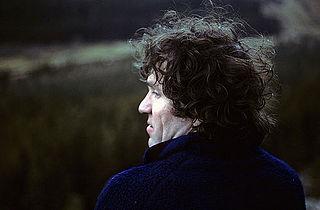A Quote by Adam Clarke
There is no such thing as chance or accident; the words merely signify our ignorance of some real and immediate cause.
Related Quotes
It is strictly and philosophically true in Nature and reason that there is no such thing as chance or accident; it being evident that these words do not signify anything really existing, anything that is truly an agent or the cause of any event; but they signify merely men's ignorance of the real an immediate cause.
And I saw that truly nothing happens by accident or luck, but everything by God's wise providence. If it seems to be accident or luck from our point of view, our blindness and lack of foreknowledge is the cause; for matters that have been in God's foreseeing wisdom since before time began befall us suddenly, all unawares; and so in our blindness and ignorance we say that this is accident or luck, but to our Lord God it is not so.
In a universe governed by God there are no chance events. Indeed, there is no such thing as chance. Chance does not exist. It is merely a word we use to describe mathematical possibilities. But chance itself has no power because it has no being. Chance is not an entity that can influence reality. Chance is not a thing. It is nothing.
Life is not made of atoms,it is merely built out of them. What life is actually 'made of' is cycles of cause and effect, loops of causal flow. These phenomenon are just as real as atoms - perhaps even more real. If anything, the entire universe is actually made from events, of which atoms are merely some of the consequences.
Scientists rightly resist invoking the supernatural in scientific explanations for fear of committing a god-of-the-gaps fallacy (the fallacy of using God as a stop-gap for ignorance). Yet without some restriction on the use of chance, scientists are in danger of committing a logically equivalent fallacy-one we may call the “chance-of-the-gaps fallacy.” Chance, like God, can become a stop-gap for ignorance.





































